
views

Talk to a person who has been friends with this friend before. See if these things are true. If your friend always has very negative things to say about past pals, it could be a red flag. There is no way that every single past friend has been a problem.
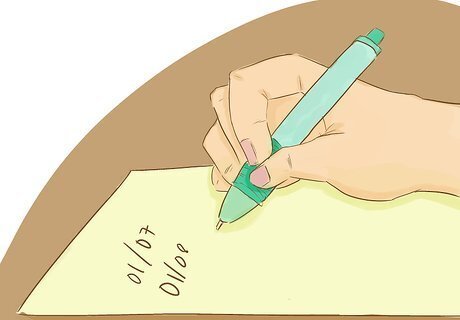
Write down things that have to do with dates. Usually people who lie forget their lies. Maybe your friend will say "Danny from school asked me out last Monday.", then the next day they'll "I pretended to be sick and skipped school on Monday!" If you find that what your friend says doesn't jive with what others say happened on a certain day, be on guard. You don't have to check every little thing, but a pattern of mistakes is a red flag.
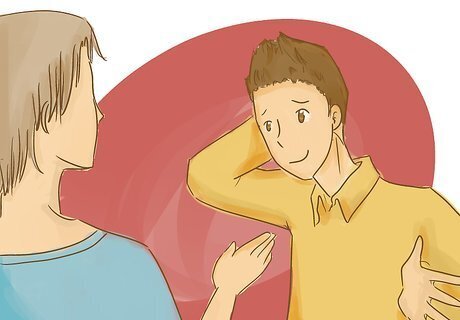
If they look for a way out, ask firmly, "Why did you tell me......?" See if they admit to what they said, or try to deny it.
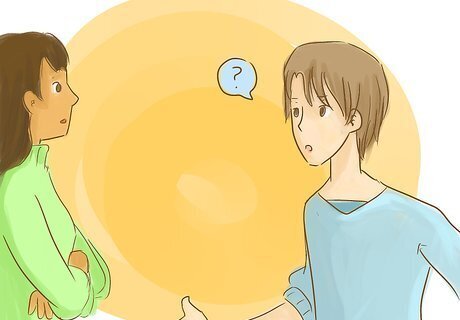
Try checking out what they say. If they said something like, "Caitlin said she's been gambling and needs money", maybe you should ask Caitlin or one of her friends. This is especially true if what your pal is saying is out of character for the other person, or makes the other person always look bad.
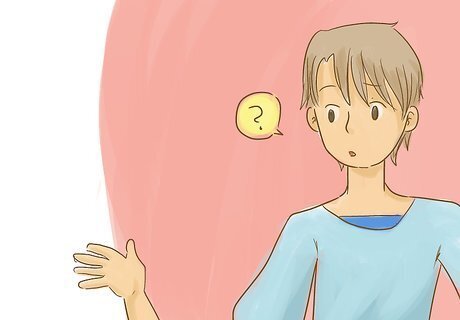
Just ask. Don't look angry. Don't scare your friend away. A few well-placed questions can help you see deeper.
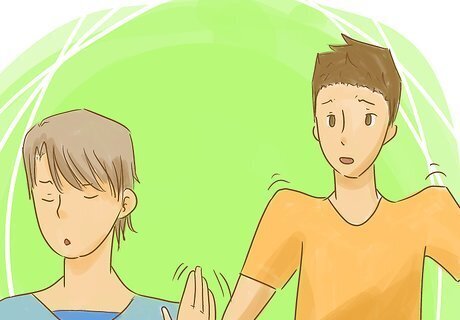
If you find a pattern of lying, take steps to protect yourself by beginning to distance yourself from the person. You don't have to have an angry argument, but begin to pull away.
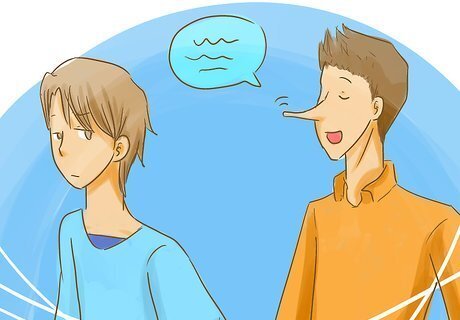
Check the believability. If your friend says their parents know a whole load of 'celebrities', or they have loads of money, or they've been all across the globe (but go to the same places each year) then it should be obvious that they're lying.
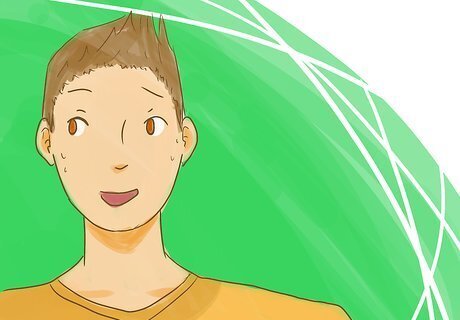
Look for Giveaways. Someone who is lying to you will probably refuse to look you in the eye. They might tell you pointless details as they quickly think of their lie on the spot. They might touch their face, use a lot of ums and 'ahs' and if you show the slightest sign of disbelief they will elaborate.













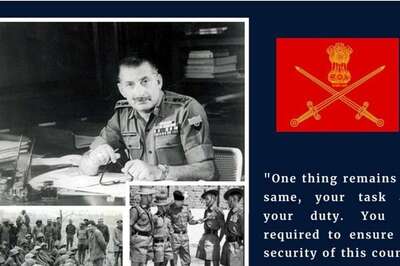




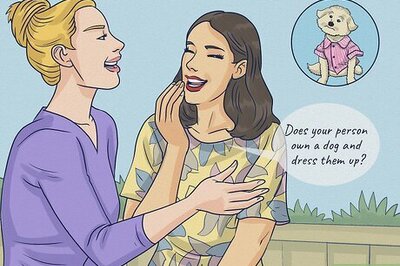

Comments
0 comment